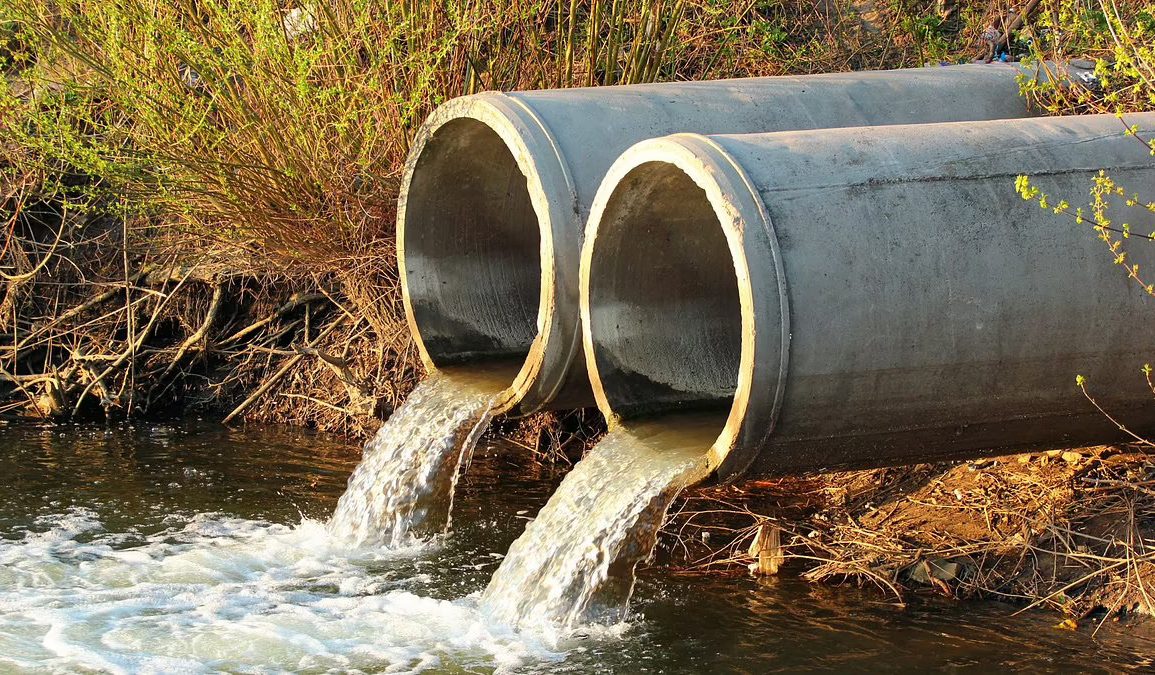On Sunday, thousands of people gathered in London to march in support of cleaner waterways, brandishing signs with messages like “stop the plop” and “species not feces.” The event, dubbed the March for Clean Water, saw an estimated 15,000 participants walking along the River Thames toward Parliament.
Many attendees donned blue clothing and waved blue flags to symbolize a “human river.” Although police did not provide a crowd estimate, the demonstration highlighted growing public concern over water pollution in Britain.
The march was organized by a coalition of environmental groups, including Greenpeace and Friends of the Earth, as well as British Rowing. The rising visibility of water pollution issues in Britain has drawn attention to broader concerns related to climate change and the historical impact of privatizing utilities.
This legacy has led to inadequate infrastructure updates among private water companies, which are struggling to manage increased demand from growing populations. Consequently, leaks and untreated sewage discharges into natural waterways have become alarmingly common.

Recent statistics underscore the severity of the situation, with raw sewage discharges rising by more than 50% last year, resulting in a record 464,000 spills. Heavy rainfall exacerbates the problem, as water companies resort to discharging untreated waste into rivers, lakes, and coastal areas. Additionally, pollution from agricultural runoff further contaminates the nation’s waterways, complicating efforts to address the environmental challenges brought about by climate change.
Participants included athletes like Imogen Grant, a gold medalist rower, who expressed frustration over the conditions on the Thames. She recounted experiences of encountering floating debris, such as plastic bags and nappies, during training sessions, which have contributed to health issues for athletes. Grant’s testimony reflects a broader sentiment among rowers and other water users who are increasingly concerned about the impact of pollution on their health and the environment.
In response to the mounting public pressure, the newly elected Labour government has proposed legislation aimed at strengthening regulations and imposing stricter penalties on water companies that fail to prevent pollution.
Despite these efforts, demonstrators emphasized that further action is necessary to address the systemic issues at play. Nature broadcaster Chris Packham, who also participated in the march, voiced optimism about potential solutions, urging the government to act decisively to protect Britain’s waterways, which he described as some of the most polluted in Europe.

